Aussie company collapses rise 129 per cent since January
The extraordinary impact of economic “challenges” affecting the country is ramping up as the “pain threshold” grows. But the worst is yet to come.
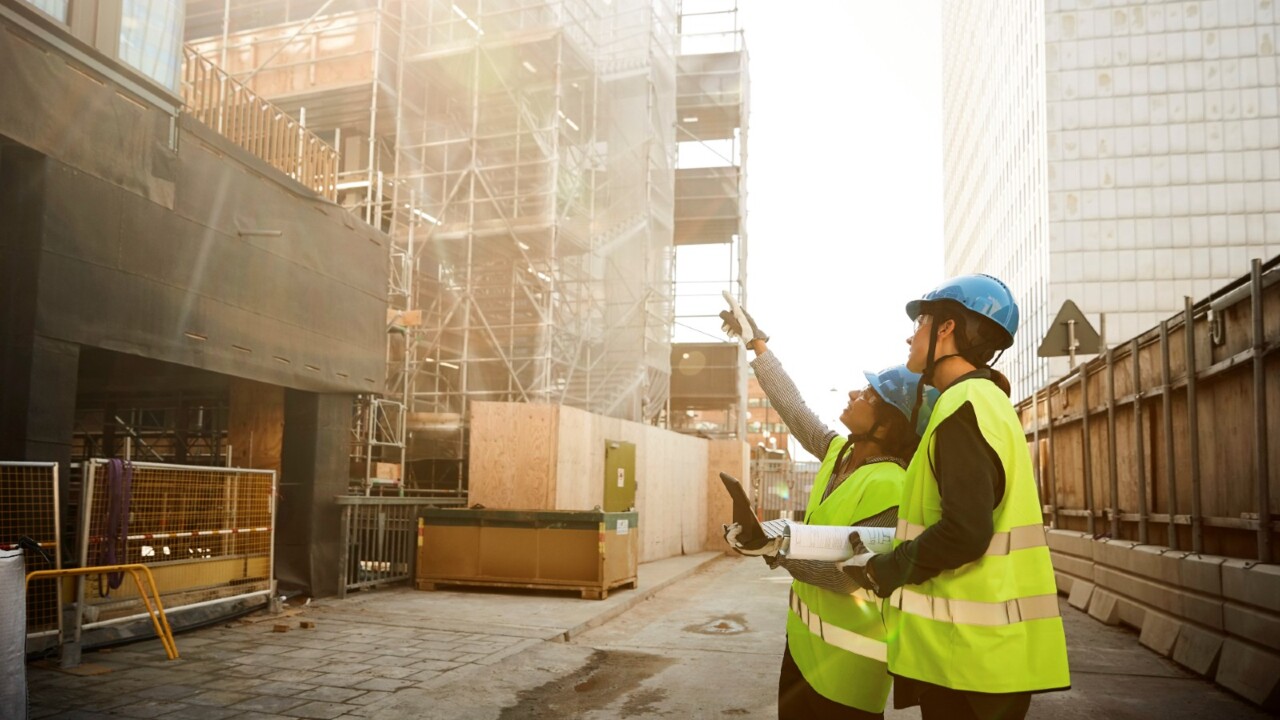
The rising cost of living, surging interest rates and labour shortages have battered the Australian economy, resulting in company collapses jumping by a whopping 129 per cent since January.
It’s a “disturbing” trend that’s seen thousands of business fail, with a new report from CreditorWatch showing that companies going into administration were up 58 per cent year-on-year, with hospitality, recreation and the education and training sectors most at risk.
Payment defaults are surging as well, up 53 per cent year-on-year, the CreditorWatch report found.
Patrick Coghlan, CreditorWatch CEO, said rising payment defaults was a “disturbing” trend.
“The multiple challenges confronting many businesses, whether they be rising inflation and interest rates, labour shortages or the ongoing impacts of the Covid-19 pandemic, are all conspiring to make it that much tougher to pay invoices,” he said.

Crisis hit industry
The construction industry has been one of the hardest hit this year. Dozens of companies have gone under with millions in debt thanks to a perfect storm of supply chain disruptions, skilled labour shortages, skyrocketing costs of materials and logistics, and extreme weather events.
Most recent was Queensland residential builder Oracle Building which went into liquidation in August, owing a reported $14 million and impacting 300 homes, 200 suppliers and subcontractors, alongside 70 staff members who were made jobless.
Earlier this year, two giants of the Australian construction companies kicked off the growing crisis in the sector with Gold Coast-based Condev and industry stalwart Probuild, going into liquidation.
The failures have snowballed from there including Inside Out Construction, Waterford Homes, two franchises from Hotondo Homes, alongside Norris Construction, Blint Builders and Besse Construction impacting hundreds of homes.
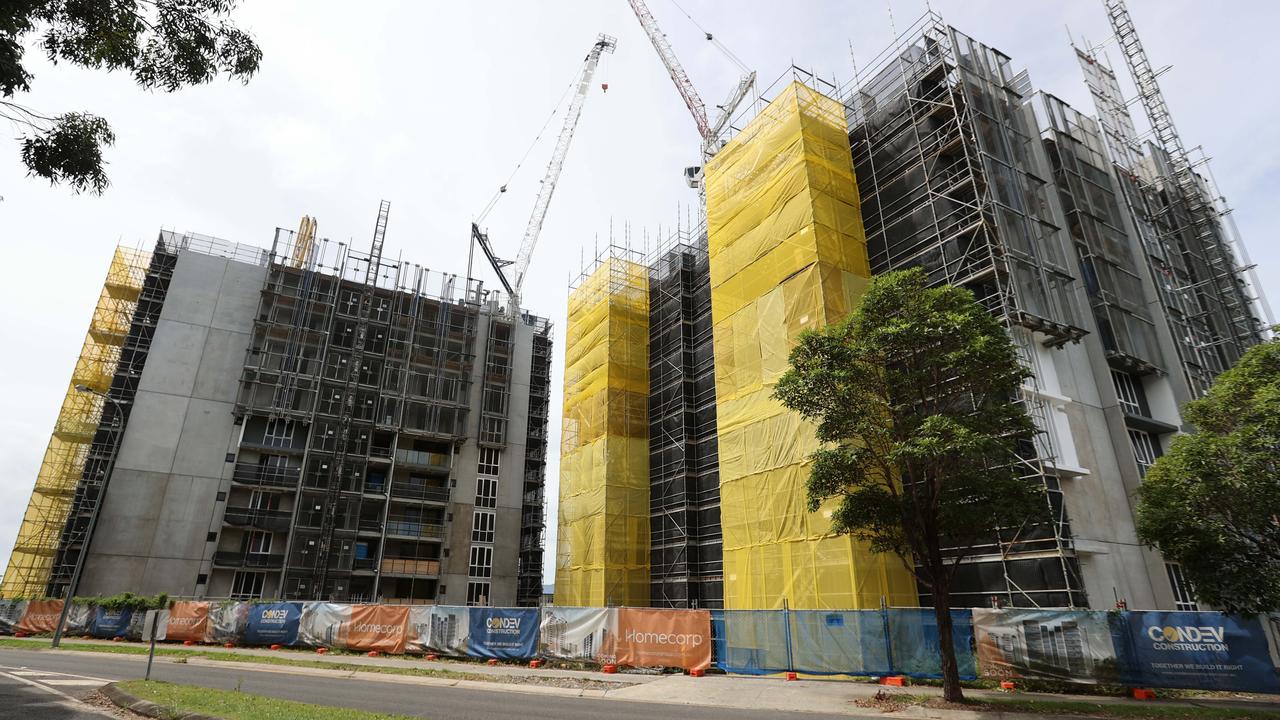
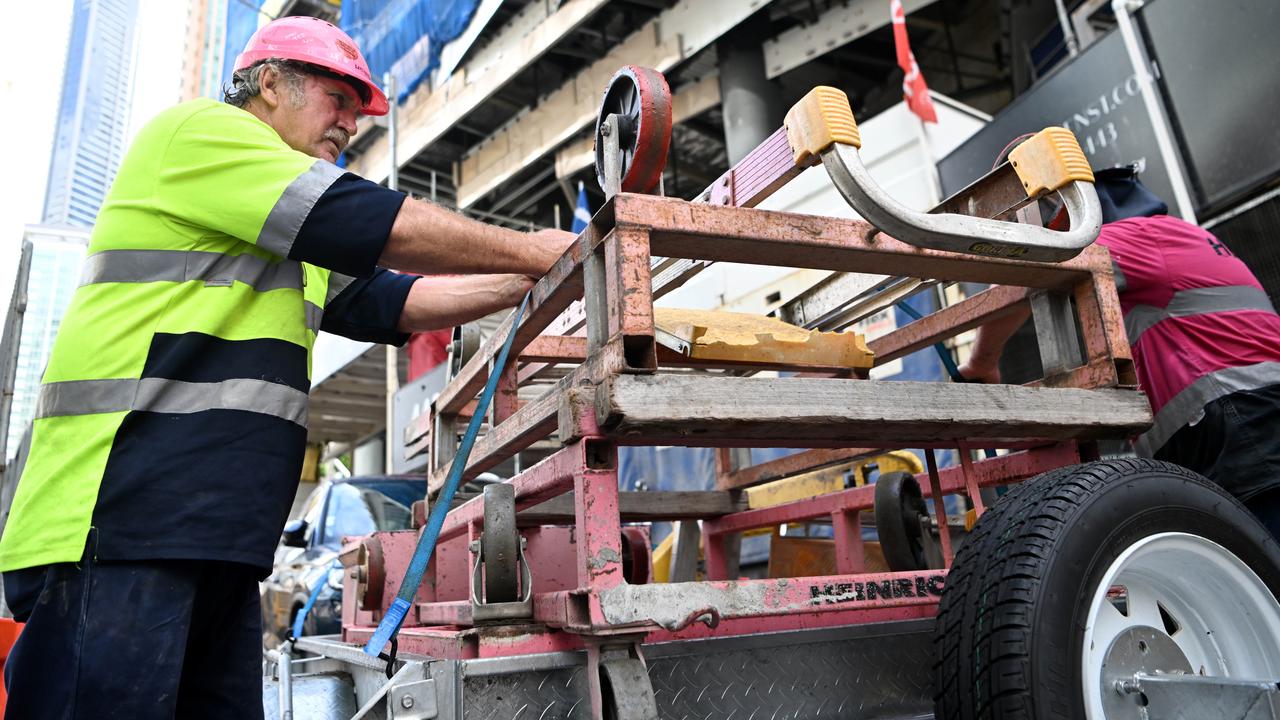
Millions lost as companies go under
But it’s not just the construction sector that has been slammed by changes in the economy.
A number of start-ups have gone bust despite raising millions, with hundreds of Aussies instantly losing their jobs.
A Melbourne-based e-sports company called Order, despite raising $5.3 million in funding last year, collapsed late last month. Meanwhile Volt Bank folded impacting 140 jobs as it asked its 6000 customers to urgently withdraw their money.
Other failed businesses include grocery delivery service Send, which went into liquidation at the end of May, after the company spent $11 million in eight months to stay afloat, as well as a Victorian food delivery company called Delivr that styled itself as a rival to UberEats.
Recently, staff who worked for an Australian tech company called Metigy were left “shell-shocked” by its sudden collapse after it planned to raise money with a valuation of $1 billion before it was revealed it had gone into liquidation owing $32 million.

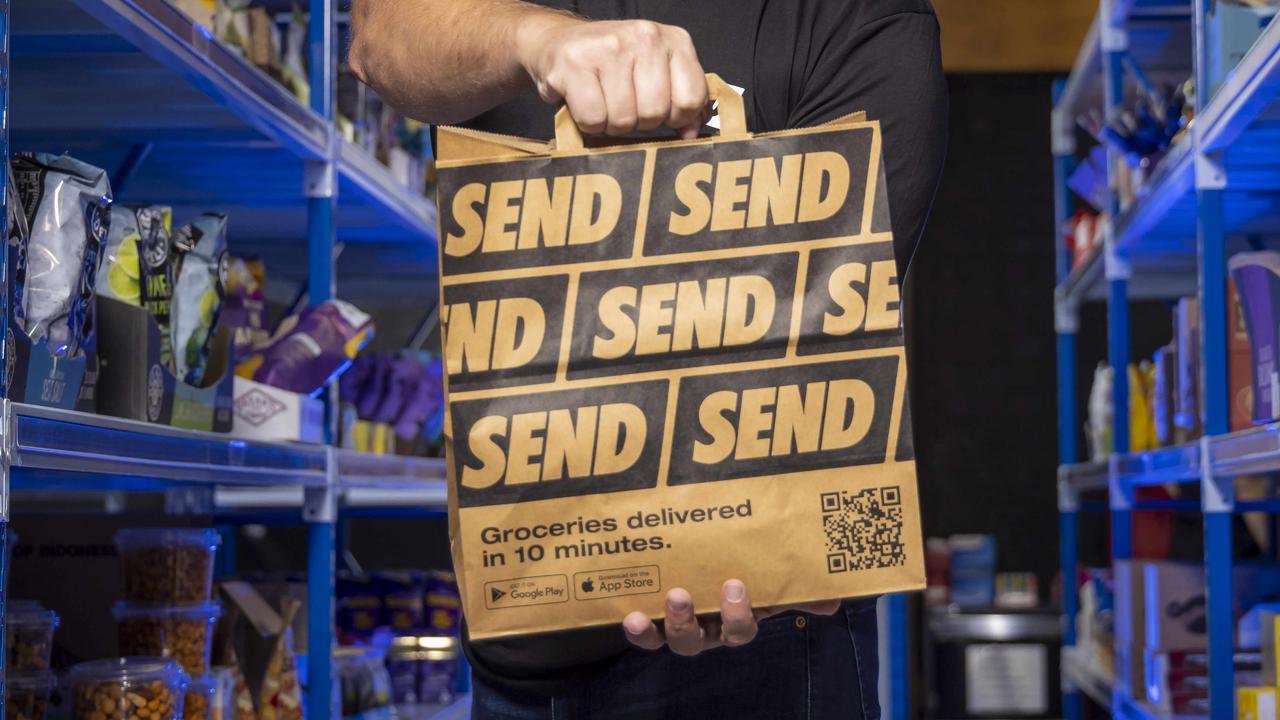
Painful times ahead
It’s not set to end there either, with collapses predicted to ramp up in the coming months.
CreditorWatch chief economist Anneke Thompson said the recent increases in interest rates are still yet to be fully felt by mortgage holders and businesses.
“The financial impact of monetary policy tightening does take some time to be felt in the repayments schedule of mortgage and business loan holders,” she said.
“We expect that the real pressure will start to mount by October/November, right before the Christmas shopping period. The RBA will be watching consumer spending patterns intently over this time to gauge any change in the behaviour of consumers.”
She added that the data shows a rising number of businesses are not paying their invoices, forcing their trading partners to lodge a default against them.
“This is also a sign that there are issues arising around cash flow,” she said.
Meanwhile, court actions are up 51 per cent year-on-year and will continue to rise as the Australian Taxation Office ramps up legal actions, CreditorWatch found.

Thousands of failures
NSW was hardest hit in terms of businesses collapsing in the past financial year too, the latest Corporate Insolvency Index produced by Insolvency Australia revealed.
The state recorded an 11 per cent increase in total appointments to 2402, while Queensland saw 1218 companies collapse, a 22 per cent rise.
Tasmania saw an extraordinary increase, up by 188 per cent, with 49 companies failing, while the Northern Territory suffered an 87 per cent increase to 56.
In South Australia, company failures rose by 16 per cent to 227, while in Western Australia they went up 5 per cent to 549.
However, Victoria recorded a 3 per cent fall in insolvencies down to 1954 compared to 2019 in the previous year, while the ACT saw a 17 per cent decrease with 100 businesses going under compared with 120, the report showed.
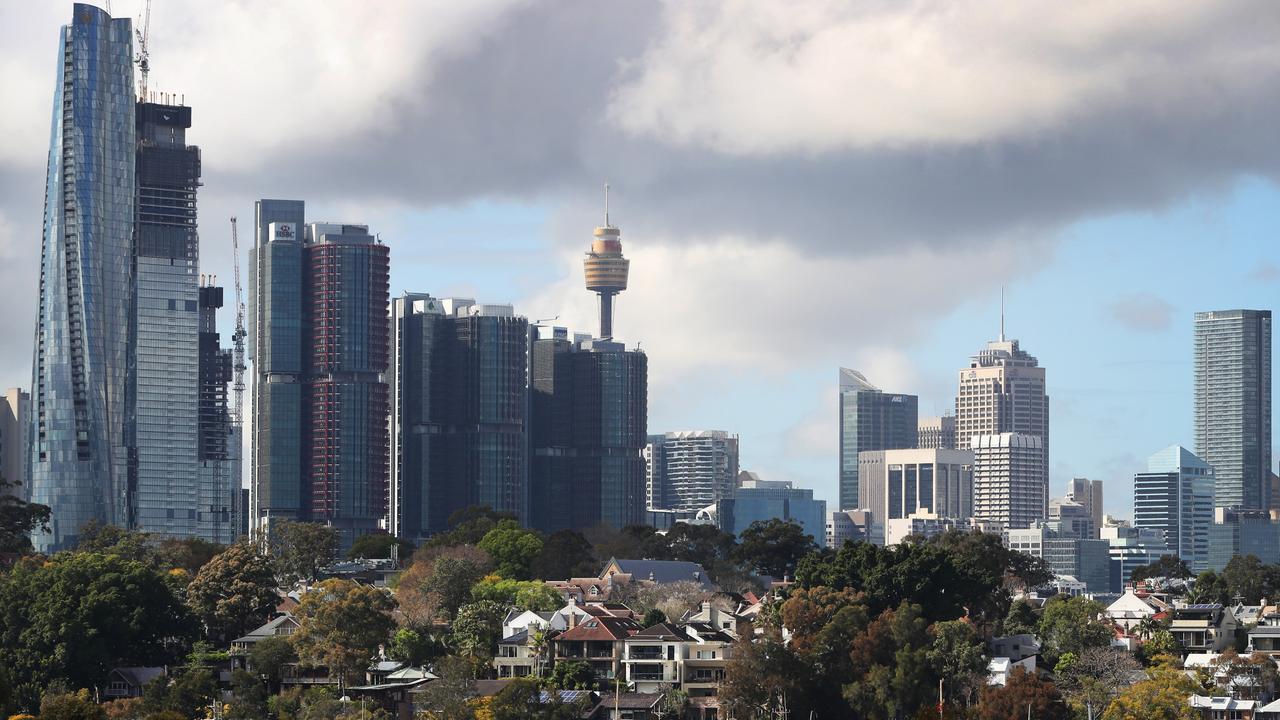
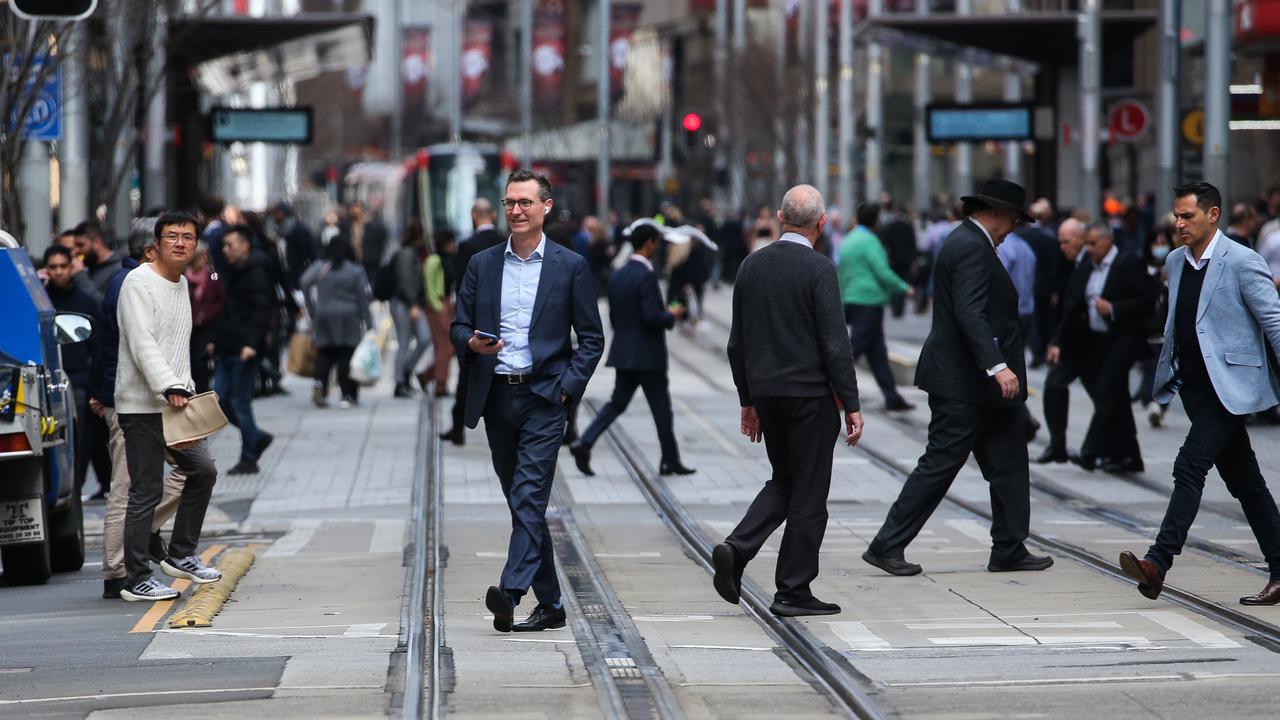
‘Domino effect’
The end of Covid support measures for companies means the true picture of insolvencies in Australia is now beginning to emerge, said Gareth Gammon, Insolvency Australia director.
“There are certainly signs that the insolvency sector is now turning the corner, but we’re not yet at pre-Covid levels,” he said.
“However, the myriad economic pressures on businesses and individuals and the push by the ATO to collect debts means we are likely to see a further increase in corporate and personal insolvencies over coming months and into next year.
“There will be a domino effect, as the pain threshold will be too much for many to bear – particularly small and medium enterprises whose cash reserves have been exhausted by factors beyond their control.”






